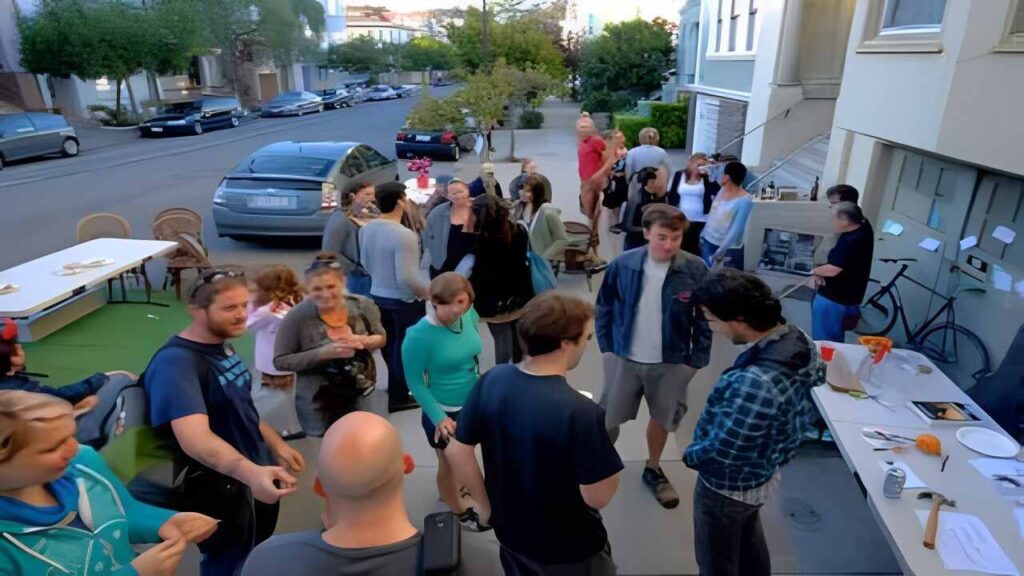
An alarming surge in squatting has gripped Atlanta, Georgia, with reports indicating that more than 1,200 properties have been unlawfully occupied.
This epidemic of squatting not only poses a threat to the community but also exacerbates tensions among residents, who feel increasingly vulnerable to the encroachment of these unauthorized occupants.
Compounding the issue are legal hurdles that impede the eviction process, leaving lawful property owners frustrated and powerless. As the situation escalates, residents are left grappling with the daunting prospect of
Squatting Crisis Grips Atlanta Neighborhoods
A significant increase in squatters occupying vacant buildings, properties, and homes has rattled homeowners in Atlanta, sparking widespread concerns about safety, property rights, and community well-being.
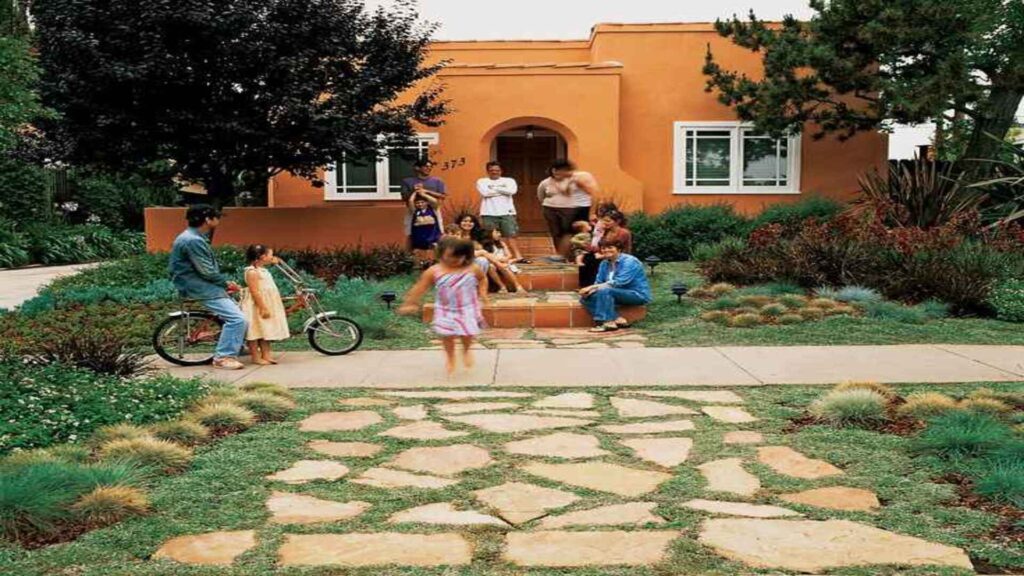
The brazenness and audacity of these squatters, who unlawfully break into properties and refuse to vacate, have left legitimate homeowners feeling helpless, frustrated, and vulnerable to exploitation.
This surge in squatting activity has emerged as a pressing issue, drawing attention to the need for comprehensive strategies to address the root causes and mitigate the detrimental impacts on affected communities.
Law Enforcement Powerless Amidst Squatting Epidemic
Instances of squatting have left law enforcement agencies grappling with their limited authority and resources, acknowledging their inability to intervene effectively in such situations.
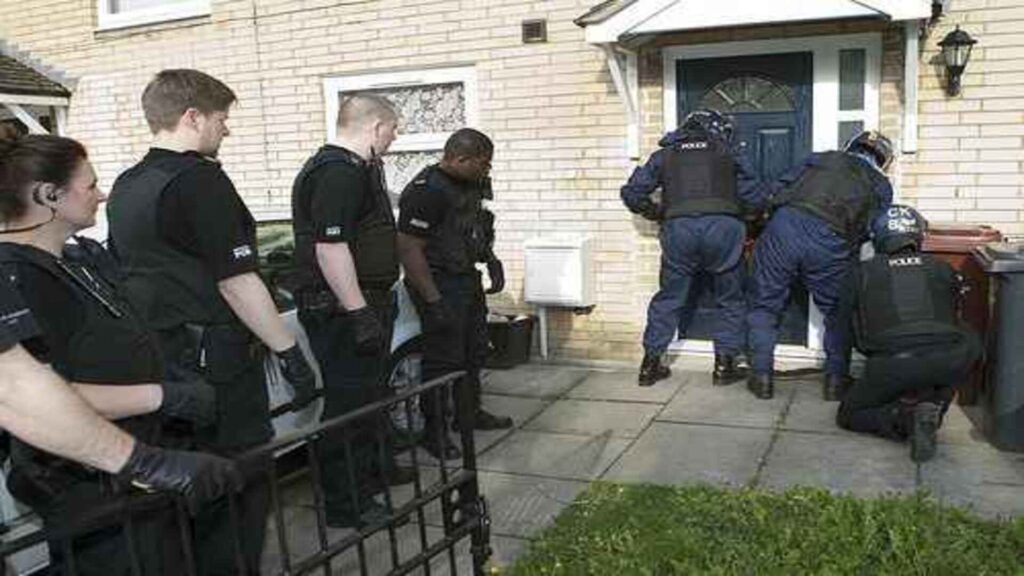
Homeowners like Ronan McCabe have been shocked and dismayed to discover strangers occupying their properties, only to be informed by authorities that resolving the issue requires navigating complex legal processes and loopholes.
The lack of swift and decisive action by law enforcement has emboldened squatters, exacerbating tensions and prolonging the plight of homeowners caught in legal limbo.
ALSO READ: Hawaii Residents Kick Against Mark Zuckerberg’s Plan to Own a House in Kauai
Extortion Tactics and Legal Loopholes Heighten Tensions
In some distressing cases, squatters have resorted to extortion tactics, demanding payment from homeowners in exchange for vacating the premises.
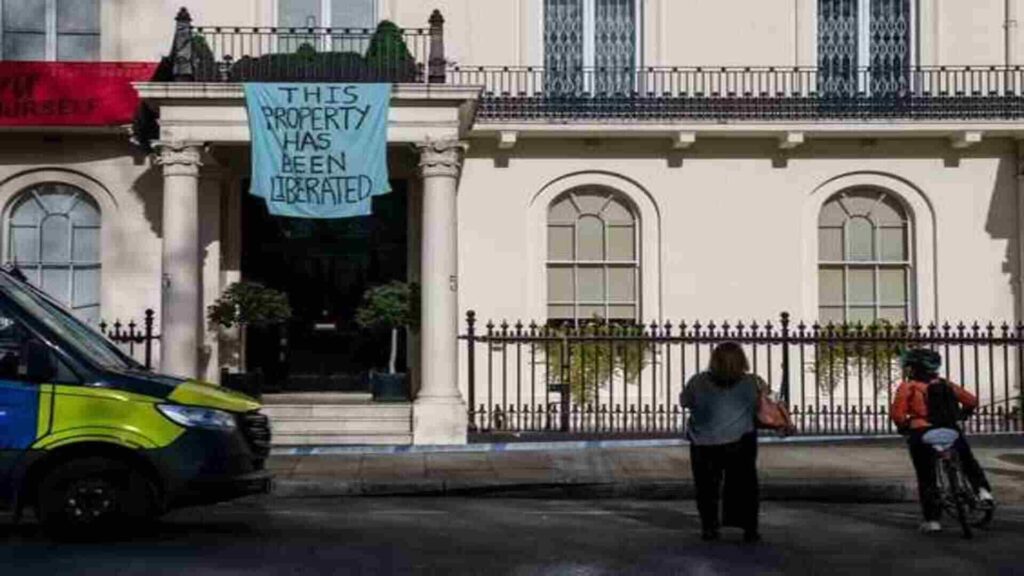
This alarming trend has underscored the urgent need for legislative reform, as outdated laws and regulatory frameworks often leave homeowners vulnerable to exploitation, financial loss, and prolonged legal battles.
The prevalence of legal loopholes and ambiguities in property laws has created a conducive environment for squatters to exploit, further complicating efforts to address the crisis effectively.
POLL—Is Climate Change a Major Threat That Requires Immediate Policy Action?
Slow and Costly Eviction Process Exacerbates Homeowner Plight
The eviction process for squatters is notoriously slow, cumbersome, and financially burdensome for homeowners, who must contend with mounting legal fees, bureaucratic hurdles, and protracted court battles.
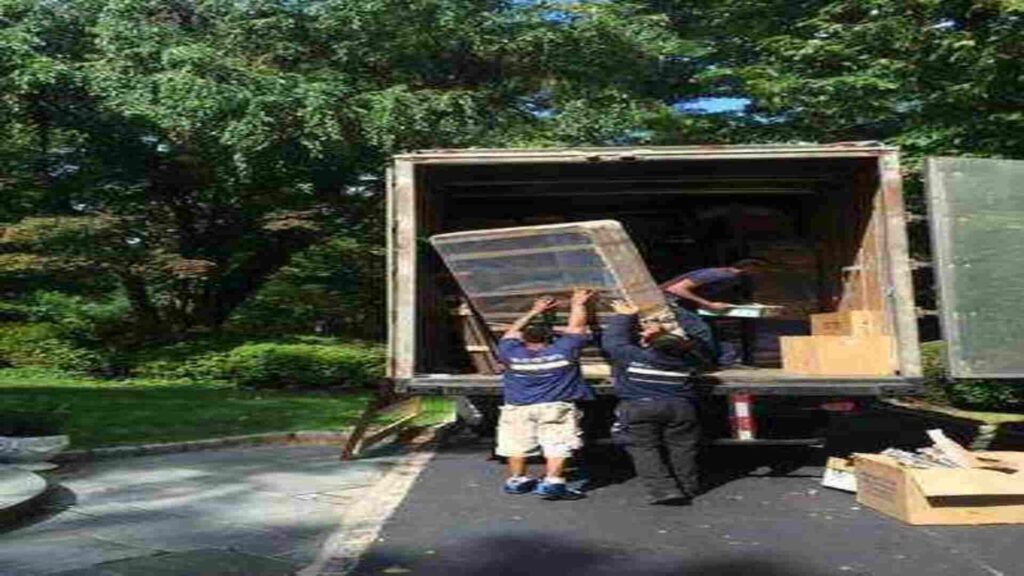
Faced with the prospect of months-long legal proceedings, some homeowners reluctantly opt to negotiate with squatters and offer financial incentives to expedite their departure, perpetuating the cycle of squatting and exacerbating the housing crisis.
The systemic challenges inherent in the eviction process highlight the need for streamlined procedures and greater support for homeowners navigating complex legal landscapes.
Rising Fear and Escalating Criminal Activity
The proliferation of squatters has fueled a palpable sense of fear and insecurity among residents and investors alike, who perceive squatters as a significant threat to community cohesion, safety, and property values.
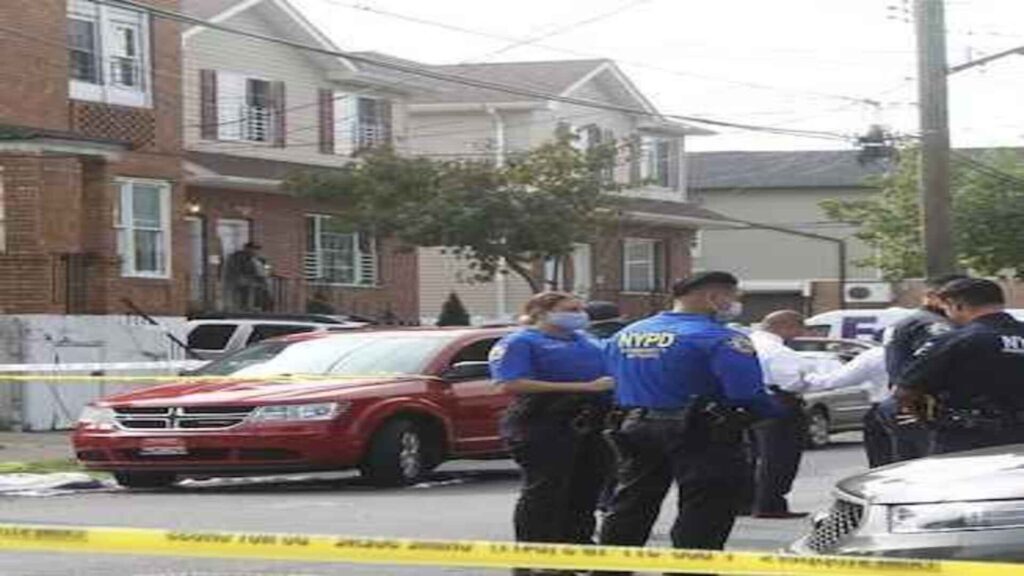
Incidents of criminal activity, including drug trafficking, vandalism, and violence, have been reported in areas heavily affected by squatting, further exacerbating concerns about neighborhood security and stability.
The escalation of criminal activity associated with squatting underscores the urgent need for proactive measures to address underlying social and economic vulnerabilities driving these behaviors.
ALSO READ: Why Are Wealthy Californians Ditching the State for Arizona?
Challenges and Market Dynamics Compound the Crisis
The housing market in Atlanta faces systemic challenges exacerbated by the prevalence of single-family rental homes and a backlog of court cases.
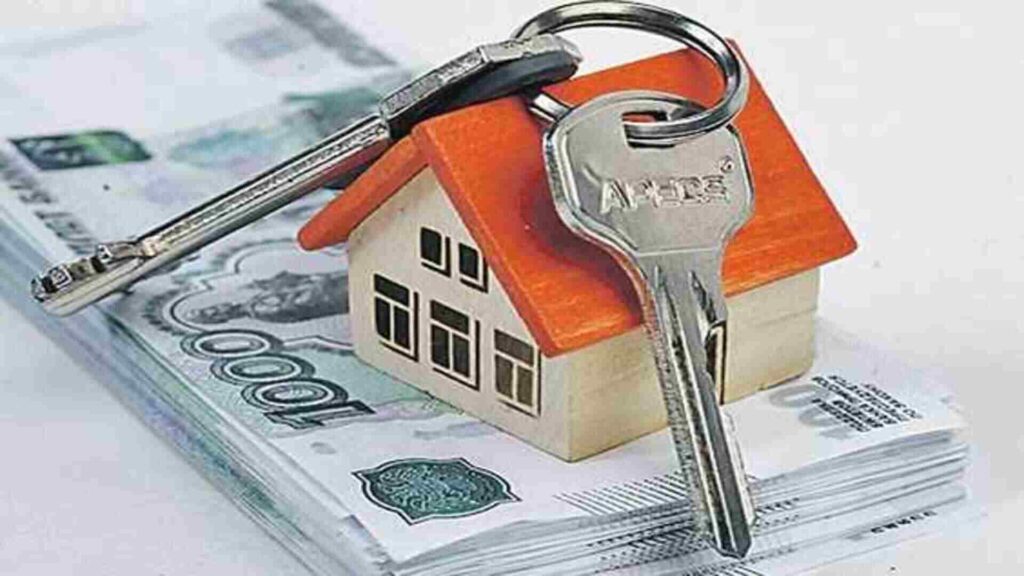
Investor-owned properties, coupled with a sluggish and overburdened legal system, have created a conducive environment for squatting to thrive, posing significant challenges for both homeowners and law enforcement agencies.
As the city brawls with these multifaceted issues, calls for comprehensive reform, increased resources, and collaborative efforts to address the root causes of squatting have become increasingly urgent and imperative for ensuring the well-being and prosperity of Atlanta’s communities.
By addressing systemic inequities, strengthening legal protections, and fostering community partnerships, stakeholders can work together to develop sustainable solutions that promote housing security and uphold property rights.
You Might Also Like:
Authorities Arrest Women Who Showed Kamala Harris’ Motorcade With Red Liquid in Phoenix
University of Missouri Student Goes Missing After Leaving Nashville Bar During Fraternity Trip
Businessman Kevin O’Leary Criticizes Canada’s Leadership, Says They Mismanage the Country
Released Bodycam Footage Shows Fatal Shooting of Autistic Teen Who Lunged at Deputy With Garden Tool
Marjorie Taylor Greene Proposes That COVID-19 Vaccines Should Be Illegal To Fund
